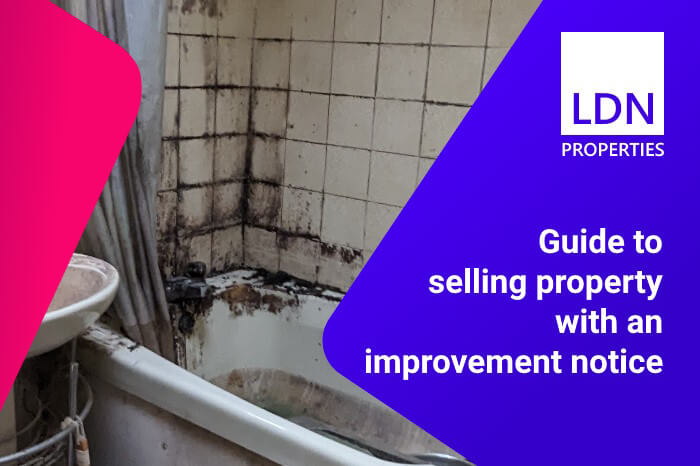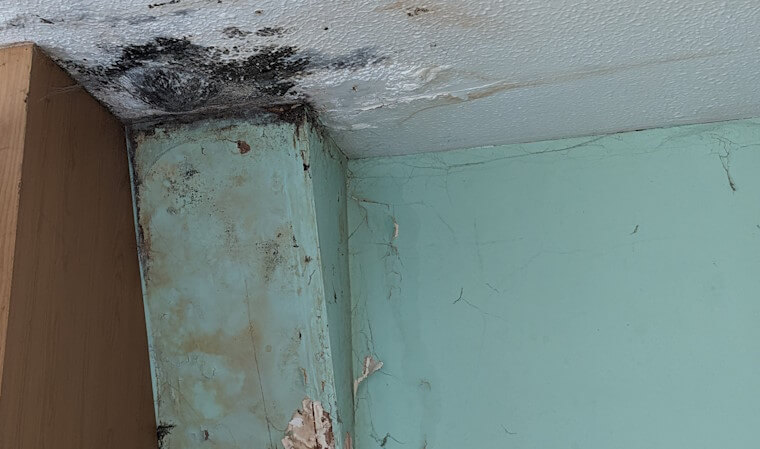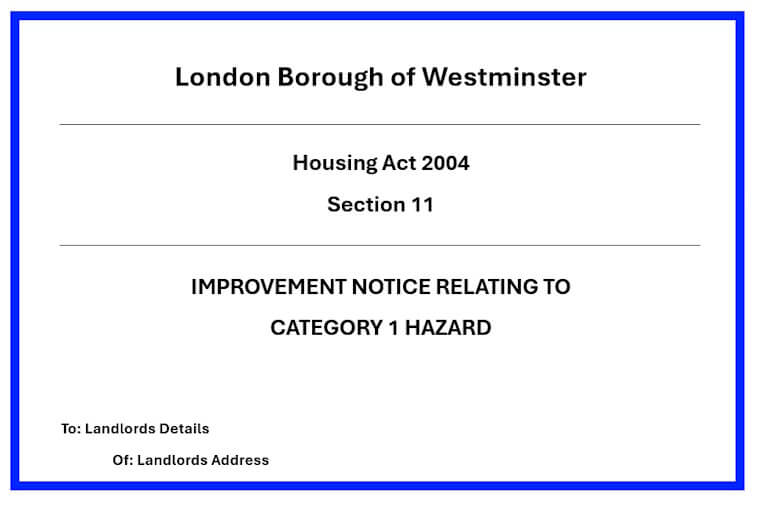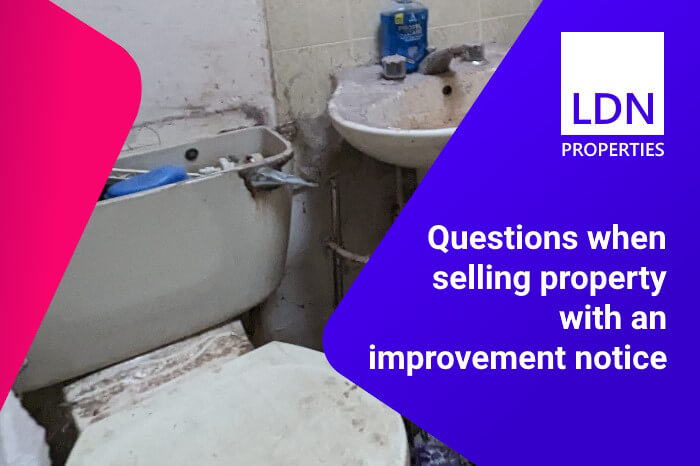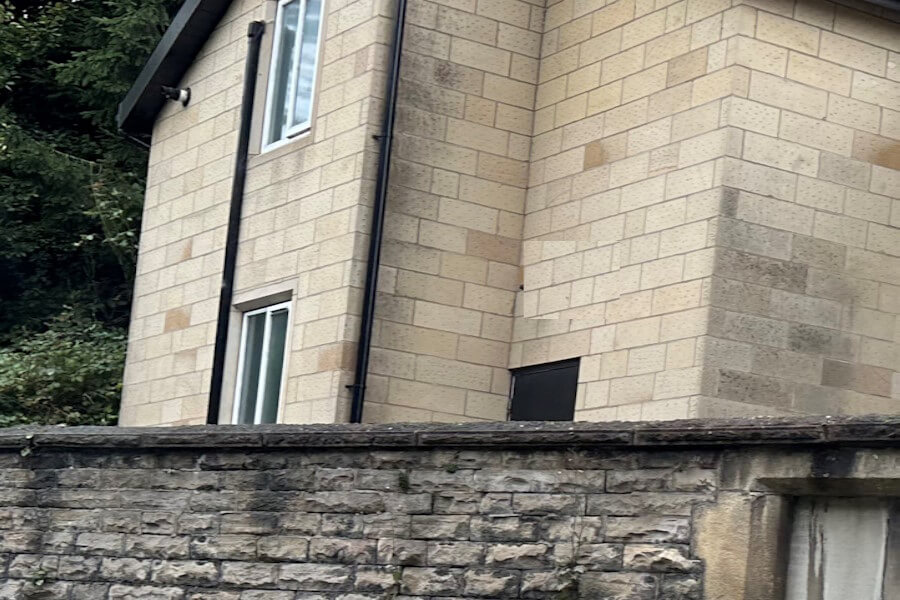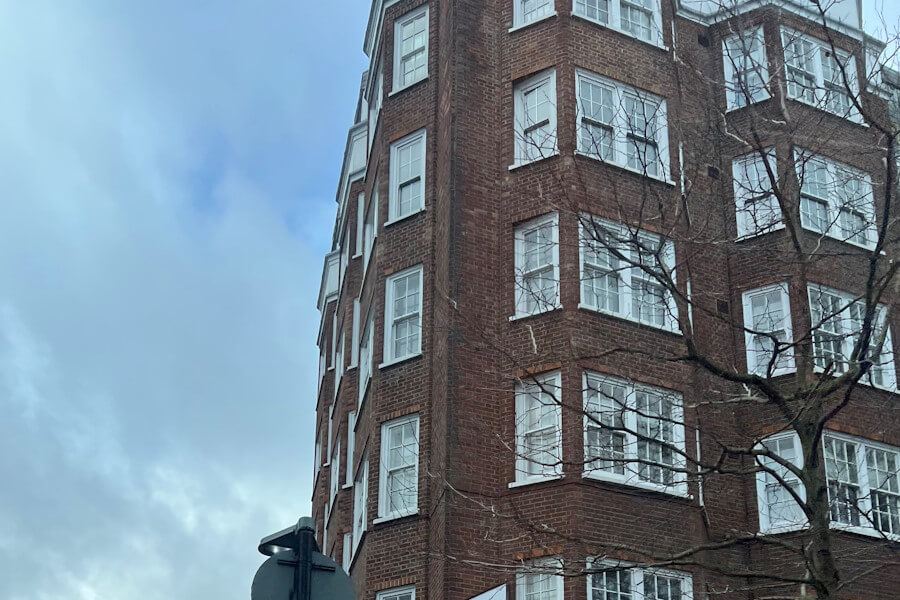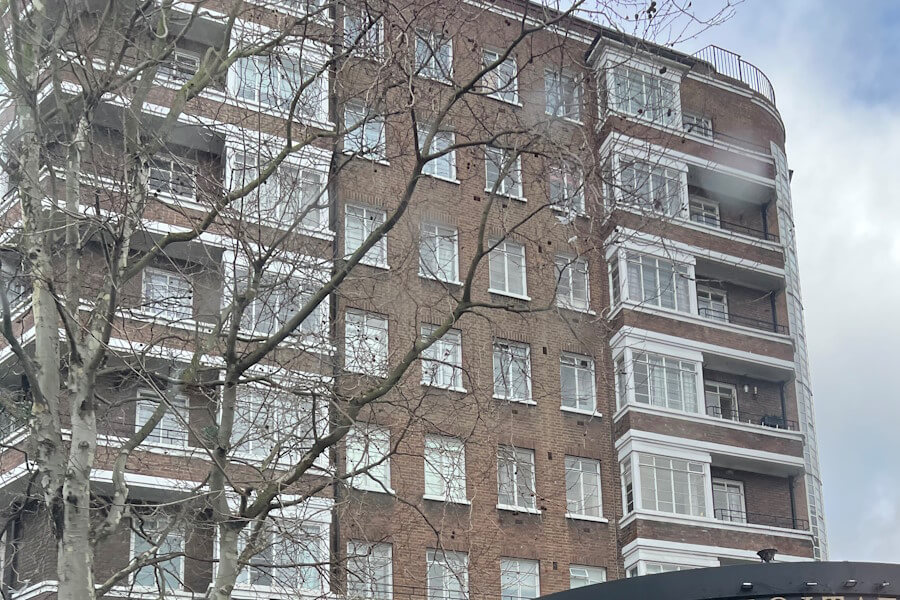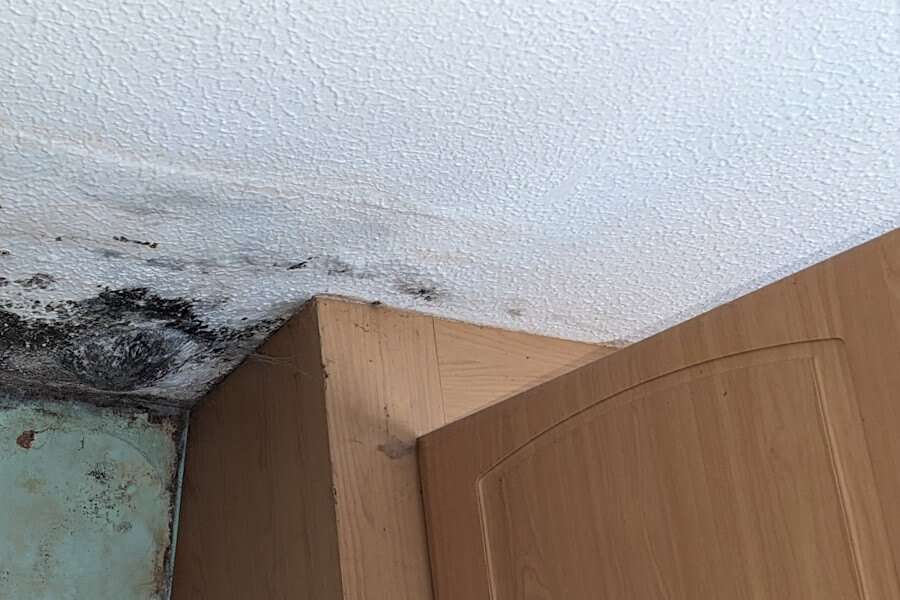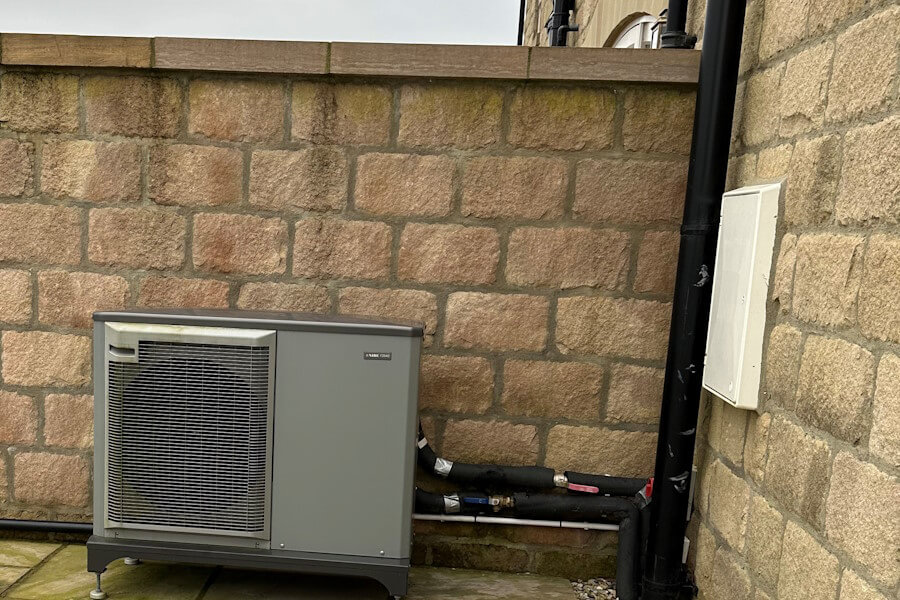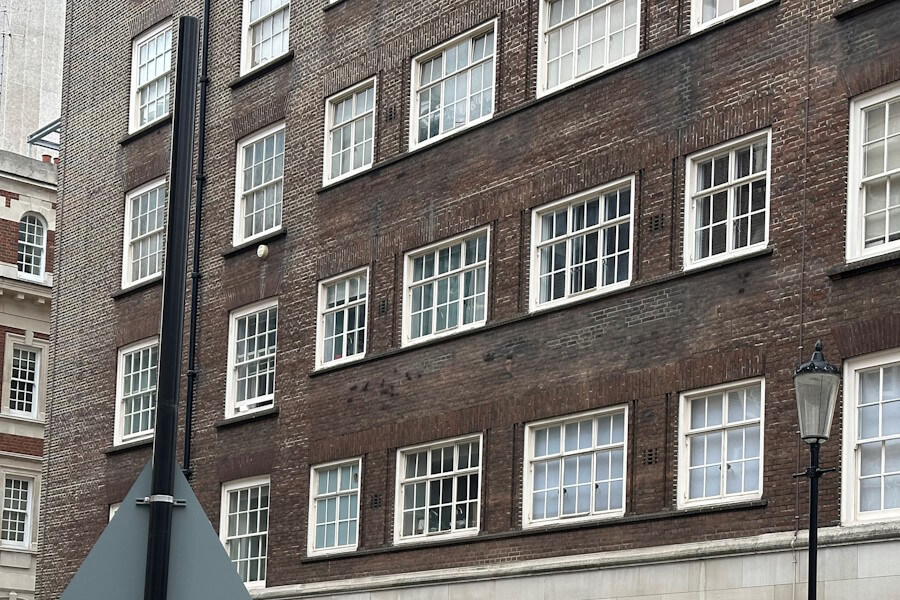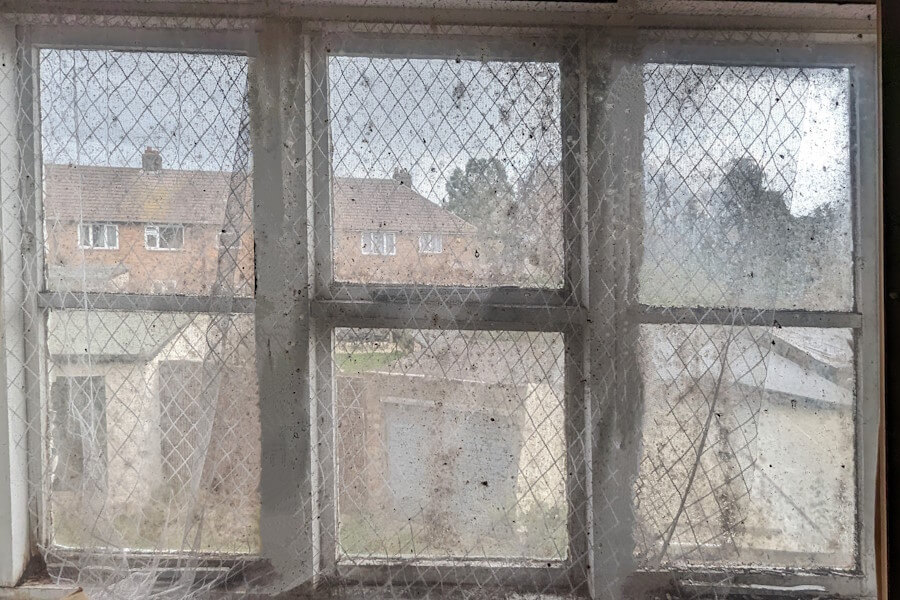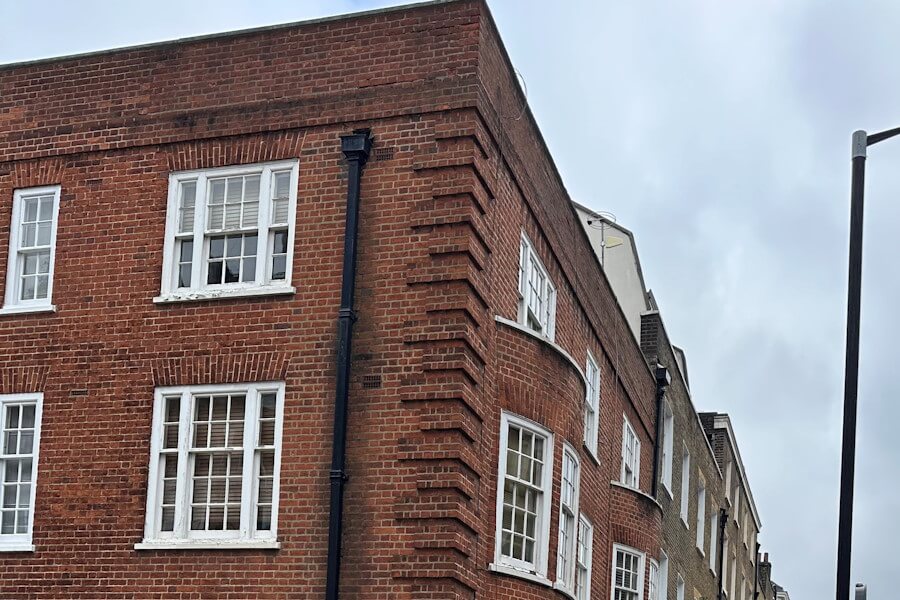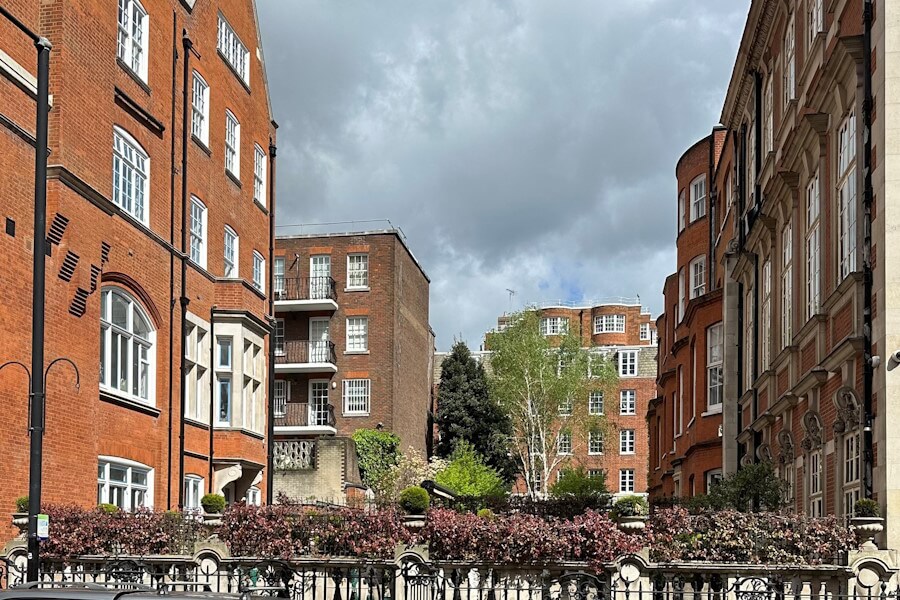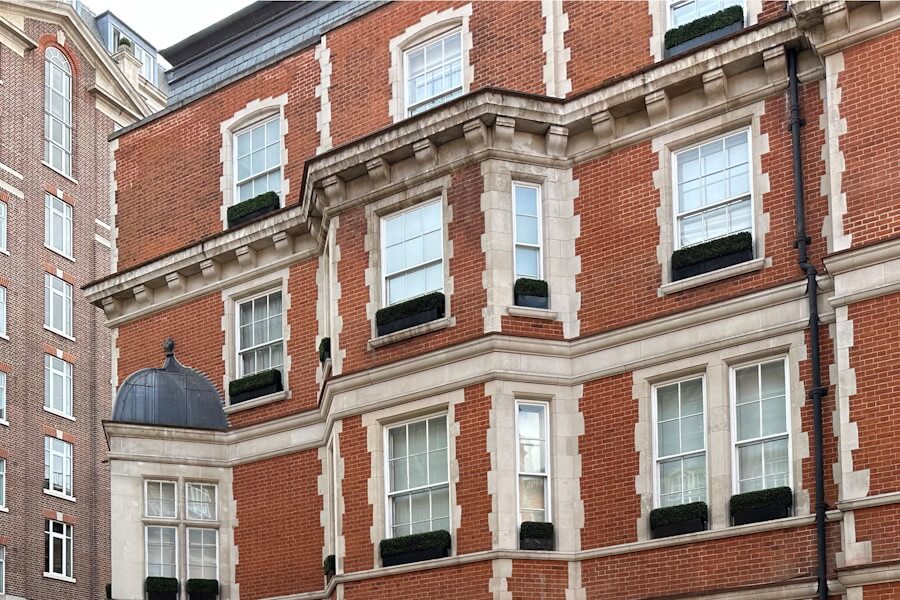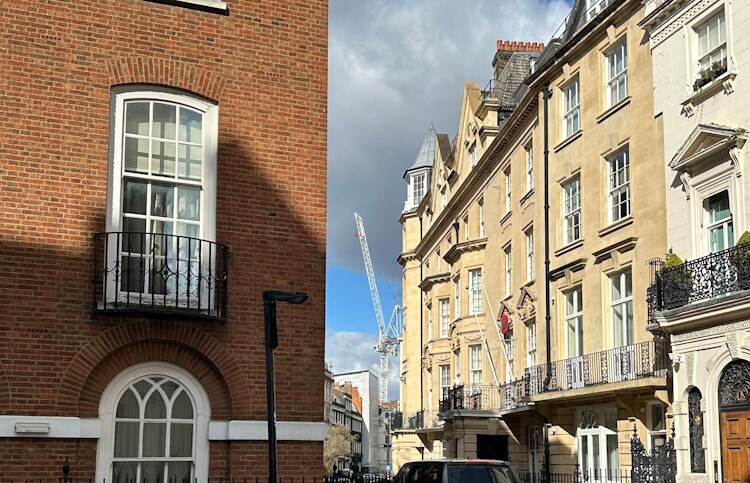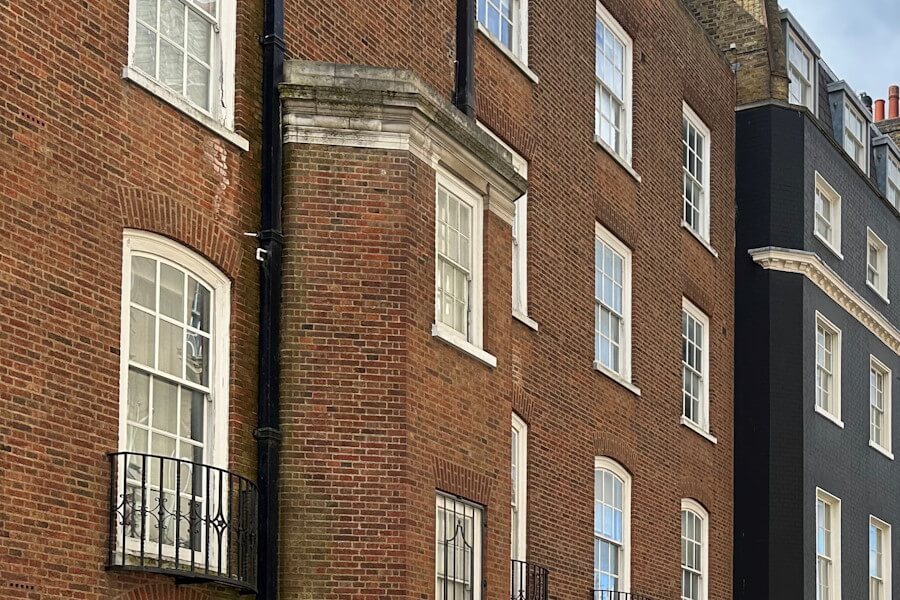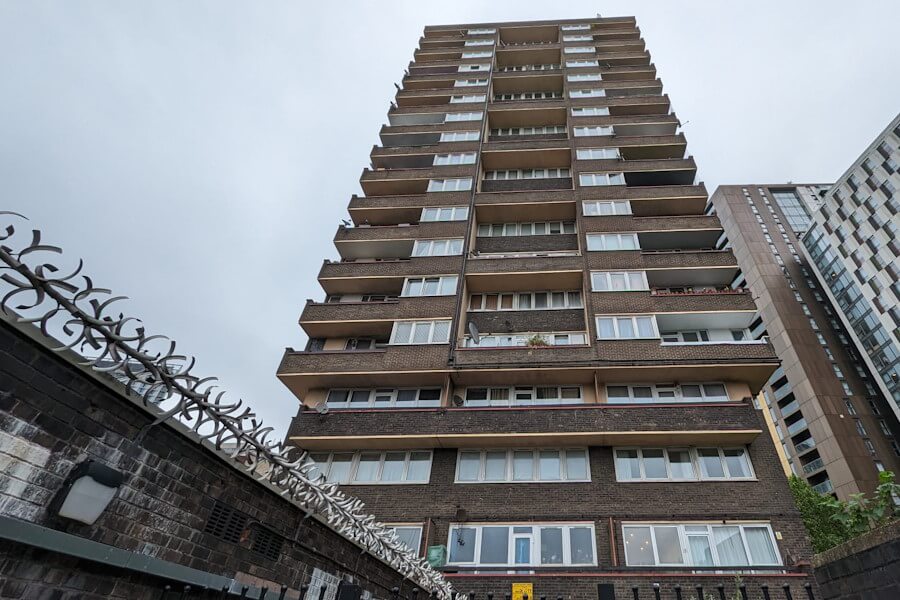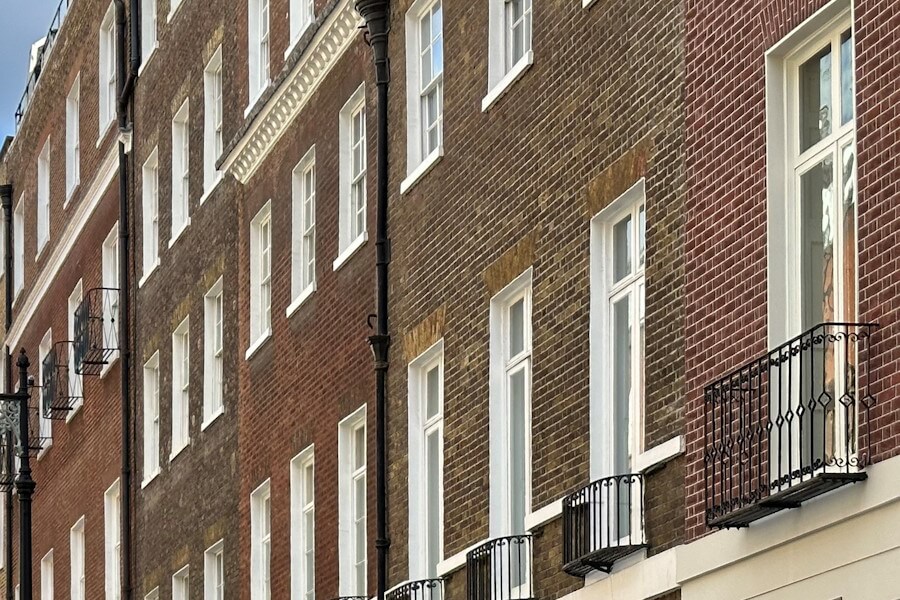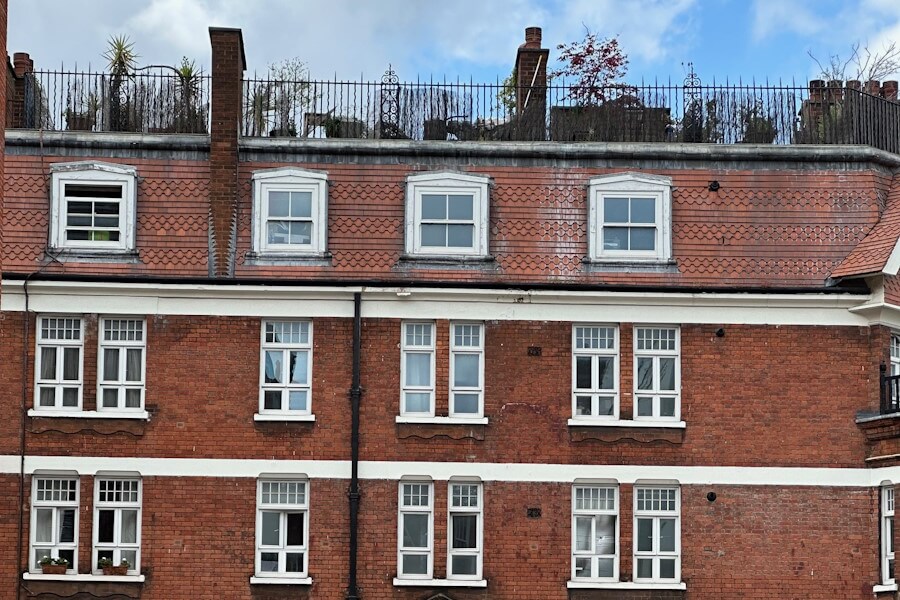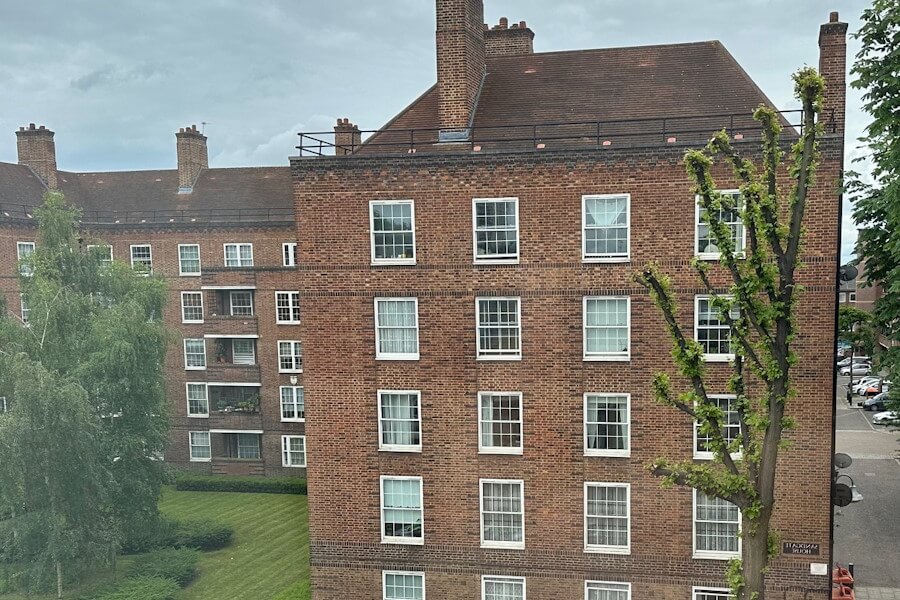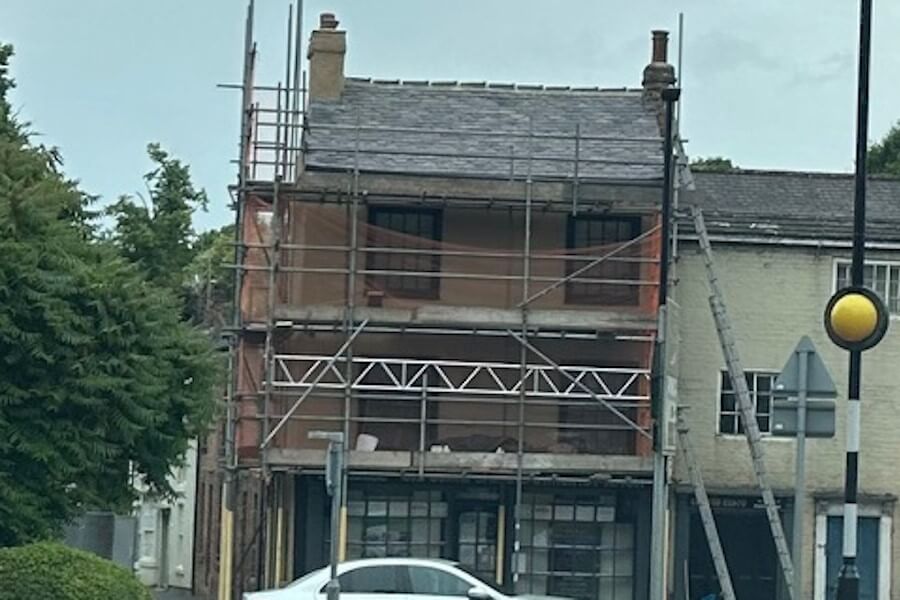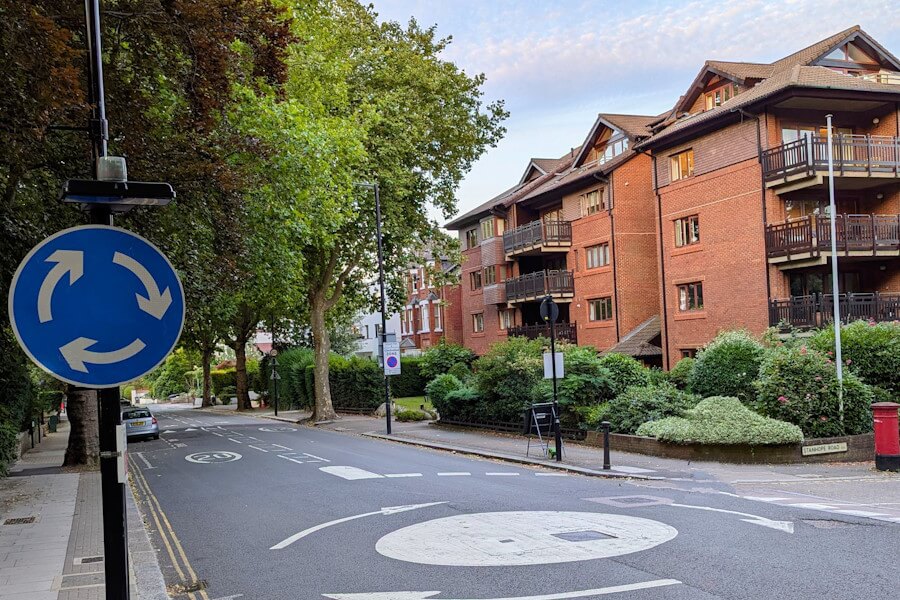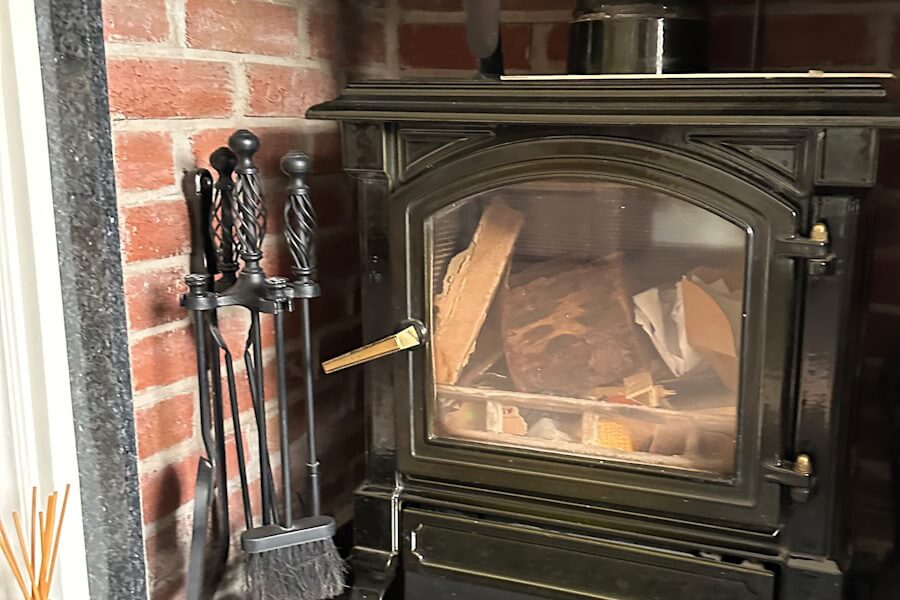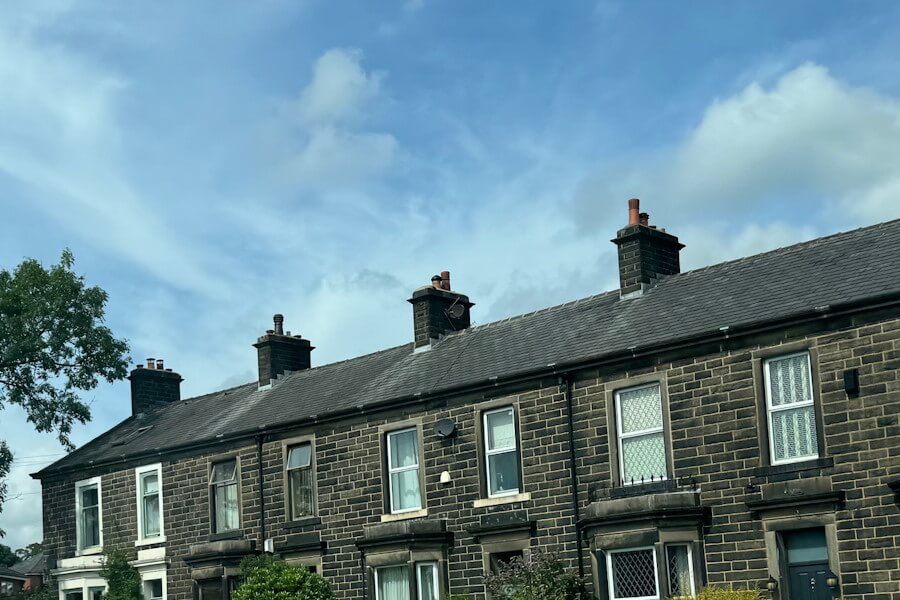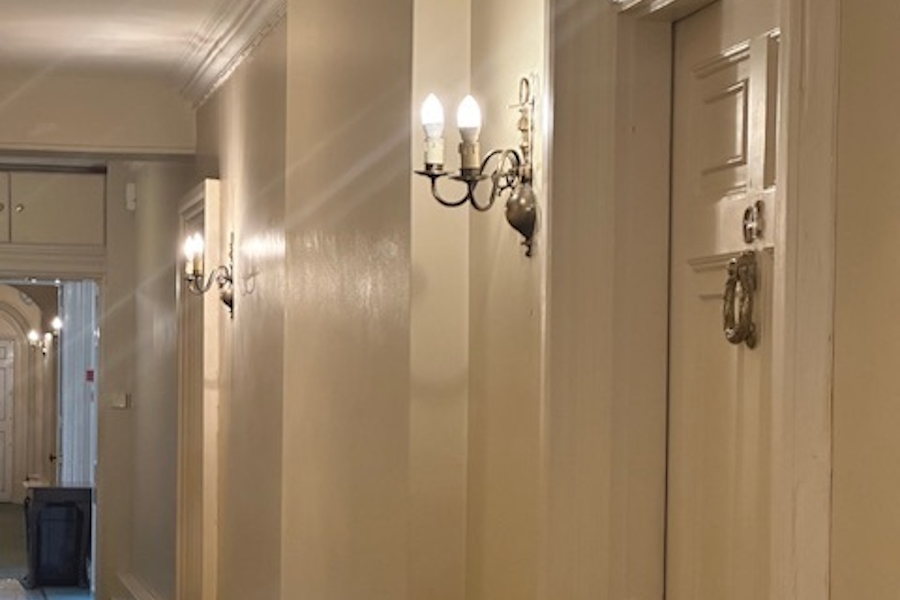Selling Property With Improvement Notice
Councils can issue improvement notices that require landlords to improve the quality of their tenants’ accommodation, and these notices may complicate any attempt to sell the property.
Call 020 7183 3022 for your FREE sale price estimate
Your top questions when selling home with an improvement notice
✅ What does it mean if I get an improvement notice at a home I own?
A law called The Housing Act 2004 gave councils the power to issue improvement notices to landlords of tenanted properties, and these are directives that identify some type of hazard with the house or flat and require that the owner pursue corrective work to fix it. These are largely issued to private landlords but in rare circumstances may be issued to public landlords.
✅ What information must be included in an improvement noticed?
If a local authority issues an improvement notice to a landlord, there are several details that it must include in the document, such as identifying the type of hazard at issue, whether there are problems with the property that are contributing to that hazard, the type of repair work that the council wants to see done, and deadlines for both starting and completing that work.
✅ If I'm selling my property, can't I just ignore an improvement notice?
No, because your liability for complying with the notice starts as soon as the date on which it was issued. If you refuse to do any work in response to the order but aren’t able to sell your home quickly, you’ll remain liable and the council could ultimately sue you for non-compliance. If you lose this court case then you may be subject to a fine of several thousand pounds.
✅ Does liability for an improvement notice stay with me after I sell my home?
No, a section of the Housing Act 2004 establishes clearly that if you are the owner and landlord of a property who is subject to an improvement notice but then sells the home to someone else and they take over as both the landlord and owner, they are now liable for complying with the notice. That’s why selling as fast as possible can be a good solution to receiving such a notice.
✅ Can I fight an improvement notice that I receive for a property?
Yes, if a council issues an improvement notice then it must include in that document specific information about how you can appeal the decision to a tribunal. You must file the appeal within 21 days of the date of the notice, and the terms of the notice – such as the order to pursue certain repair work – will be put on hold during the time that your appeal is pending.
✅ What is the lowest-cost option for selling my home with an improvement notice?
Selling your property to a zero-commission quick buyer like LDN Properties is the best way to cut costs, or you could try selling on your own to avoid fees, but you’ll have certain extra expenses like advertising your listing. Selling via an auctioneer or estate agent are the highest-cost choices because they’ll charge fees that are subtracted from the final sale proceeds.
✅ How quickly will I able to sell a property that has an improvement notice?
If you choose the sell your home using the services of an estate agent or auctioneer then it could take many months at least, and the same is true if you try to sell without any third-party help. But if you sell your property to a quick buyer such as LDN Properties, the entire process should only take a few short weeks, and that covers the exchange of contracts.
Latest guides
We’re rated as Excellent
Reviews.co.uk provide independent reviews from other people just like you!
"Successfully sold two properties direct to LDN Properties in the last two years. Genuine and trustworthy people and the dealings were straightforward." – Thomas from London

LDN Properties Limited, Linen Hall, 162 Regent St. London W1B 5TD
Company No. 04636129. ICO No. Z7733416. Ombudsman No. D12463.
Copyright 2003 to 2024
